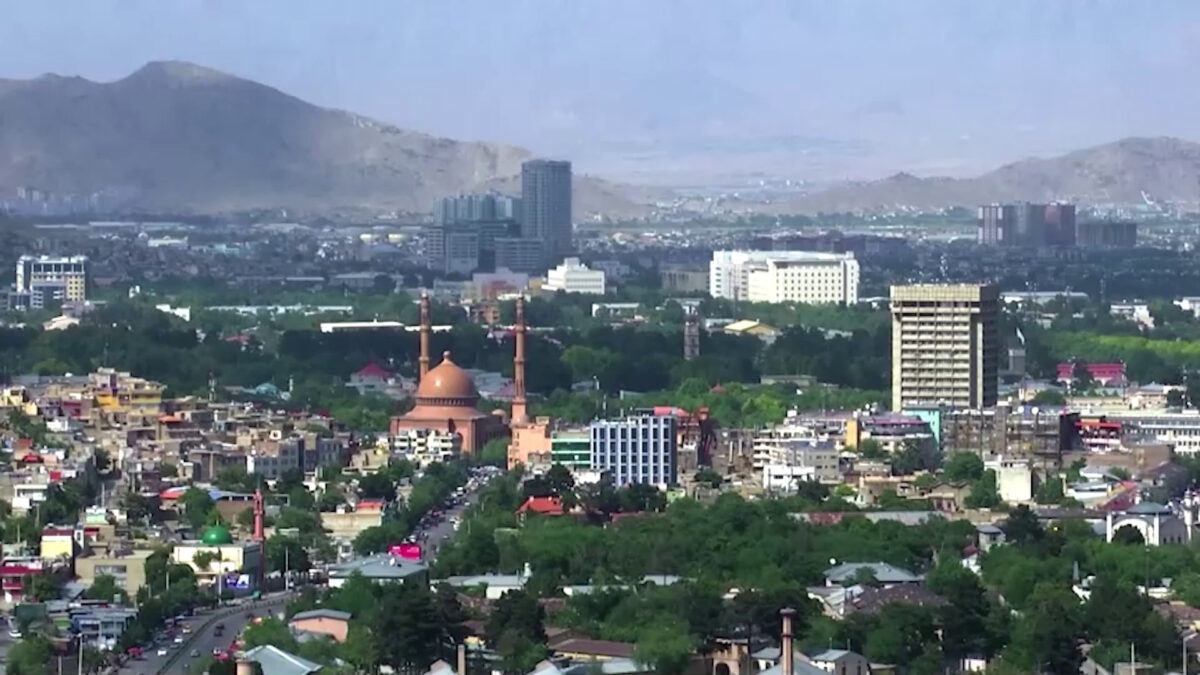The World Bank’s country director for Afghanistan, Melinda Good, said that Afghanistan’s economy is “fragile” as it relies on external support amid a weak private sector.
The World Bank released its report on Afghanistan titled “the report titled Uncertainty After Fleeting Stability”.
The report noted that the country’s economy is expected to hover around no-growth territory this year, amid uncertainty after contracting by 25% since August 2021.
The report warned that the Taliban’s restrictive policies on female education and work will further lower Afghanistan’s growth.
According to the report, the services, which make up 45 percent of Afghanistan’s GDP shrunk by 6.5 percent last year, following a staggering 30 percent drop in 2021.
“The agriculture sector, which accounts for 36% of GDP, declined by 6.6% in 2022 due to unfavorable weather conditions and farmers’ lack of resources to cope,” the report reads.
To recover Afghanistan’s economy, Good was quoted in the report as saying, “the country needs to prioritize spending on human capital, basic services and climate resilience and address harmful gender policies.”
The World Bank in a separate report on “South Asia Development Update”, estimated South Asia’s economic growth at 8.2 percent in 2022 against 5.8 percent in 2023 – but excluding Afghanistan.
An economist, Seyar Qureshi, said that the updates of the World Bank’s report on Afghanistan, which has not taken the micro-economic sector of the country into consideration, can affect the will of foreign traders to invest in Afghanistan.
“The World Bank’s report which has not mentioned the economic figures including micro-economic fields of Afghanistan can have a negative impact, particularly on the foreign traders who want to invest in infrastructure,” he said.
The World Bank’s report also stated that surveys show that about two-thirds of families in Afghanistan face significant challenges in maintaining their livelihoods.
The citizens who were interviewed by Amu also complained about their worsening financial situations and high rate of unemployment.
“The people are in a poor condition. Their business is down,” said Sayed Mohammad, a resident of Takhar.
“There are no jobs. The people cannot earn even 200 afghani ($2.50) per day,” said Naveed, another Takhar resident.
The World Bank said in an earlier report that Afghanistan’s GDP has dropped to just over $5 billion.
Analysts believe that the Taliban have failed to generate confidence in the international community in terms of securing aid to Afghanistan. However, Taliban leaders have repeatedly claimed on public platforms that concrete efforts are being made to improve the country’s economic situation.
But, international organizations including the UN continue to warn of growing economic and humanitarian crises in the country.





